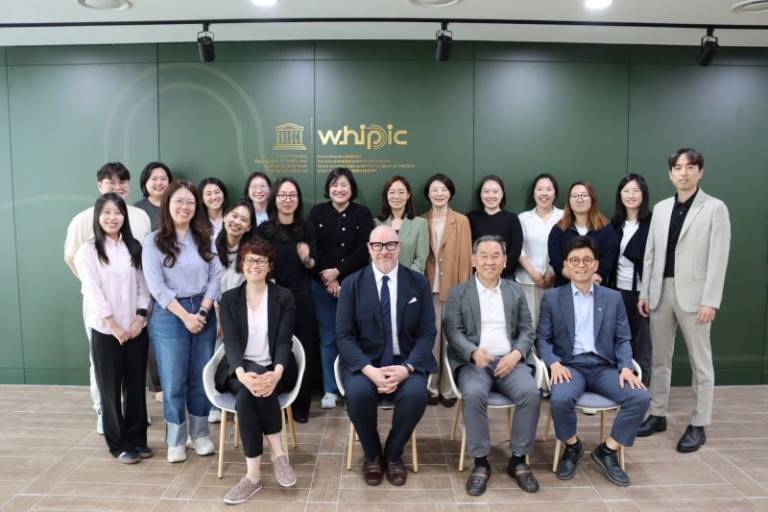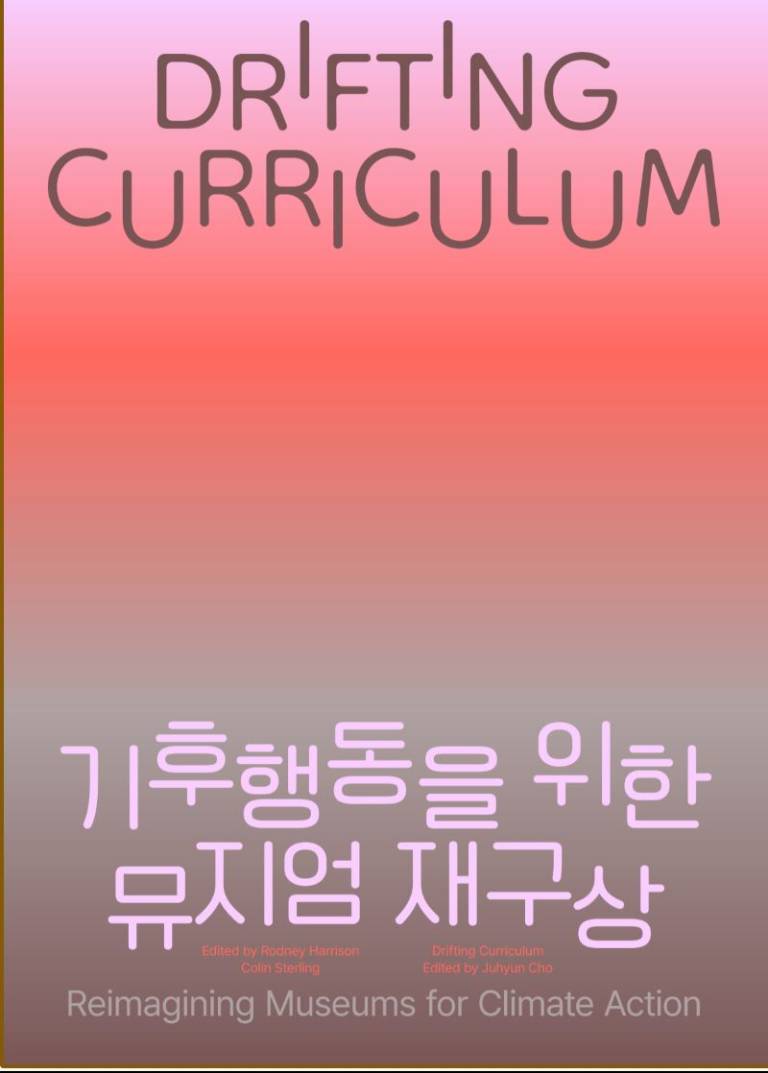Rodney Harrison at launch of South Korean natural and cultural heritage management system
16 May 2024
Rodney Harrison (UCL Institute of Archaeology) has been invited by the South Korean government to help launch a new national integrated natural and cultural heritage management system.

Rodney Harrison has been invited by the South Korean government to speak at a symposium on 16 May which will launch their new integrated natural, tangible and intangible cultural heritage system, in advance of the inauguration of their new Framework Act on National Heritage which comes into force on 17 May which will underpin it.
Rodney will speak on his experience working with the Council of Europe on their new L.I.N.K.E.D. - Guiding principles for an integrated approach to culture, nature and landscape management, launched earlier this year, alongside his work on the Heritage Futures research programme and the follow-on-funding for impact and engagement project Landscape Futures and the Challenge of Change: Towards Integrated Cultural/Natural Heritage Decision Making which calls for such an approach in the light of the climate emergency.
While in South Korea, Rodney will also visit and speak at events hosted by the UNESCO International Centre for Interpretation and Presentation of World Heritage Sites (WHIPIC) and National Intangible Cultural Heritage Centre (NICHC), and will participate in an event at the National Museum of Modern and Contemporary Art (MMCA) in Seoul on 24 May to launch the Korean language edition of his co-edited book Reimagining Museums for Climate Action.
According to Rodney:
“The inter-related problems of biodiversity loss, climate change, species extinction, pollution, racism, inequality, conflict and the overall degradation of the earth’s ecosystems have a profound global impact on the quality of human and non-human life and require the widest possible cooperation. It is only through taking an integrated, holistic and cross-sectoral approach to heritage based on an understanding of natural diversity, cultural diversity and climate as inter-related and understood in context, that we will be able to address the crises which equally threaten the cultural and natural environment, and both tangible and intangible cultural heritage alike.”
Read more
- Reimagining Museum Korean book launch (May 2024)
- Reimagining Museums for Climate Action book launched at COP26
- Reimagining Museums for Climate Action museums toolkit launched at COP26
 Close
Close


